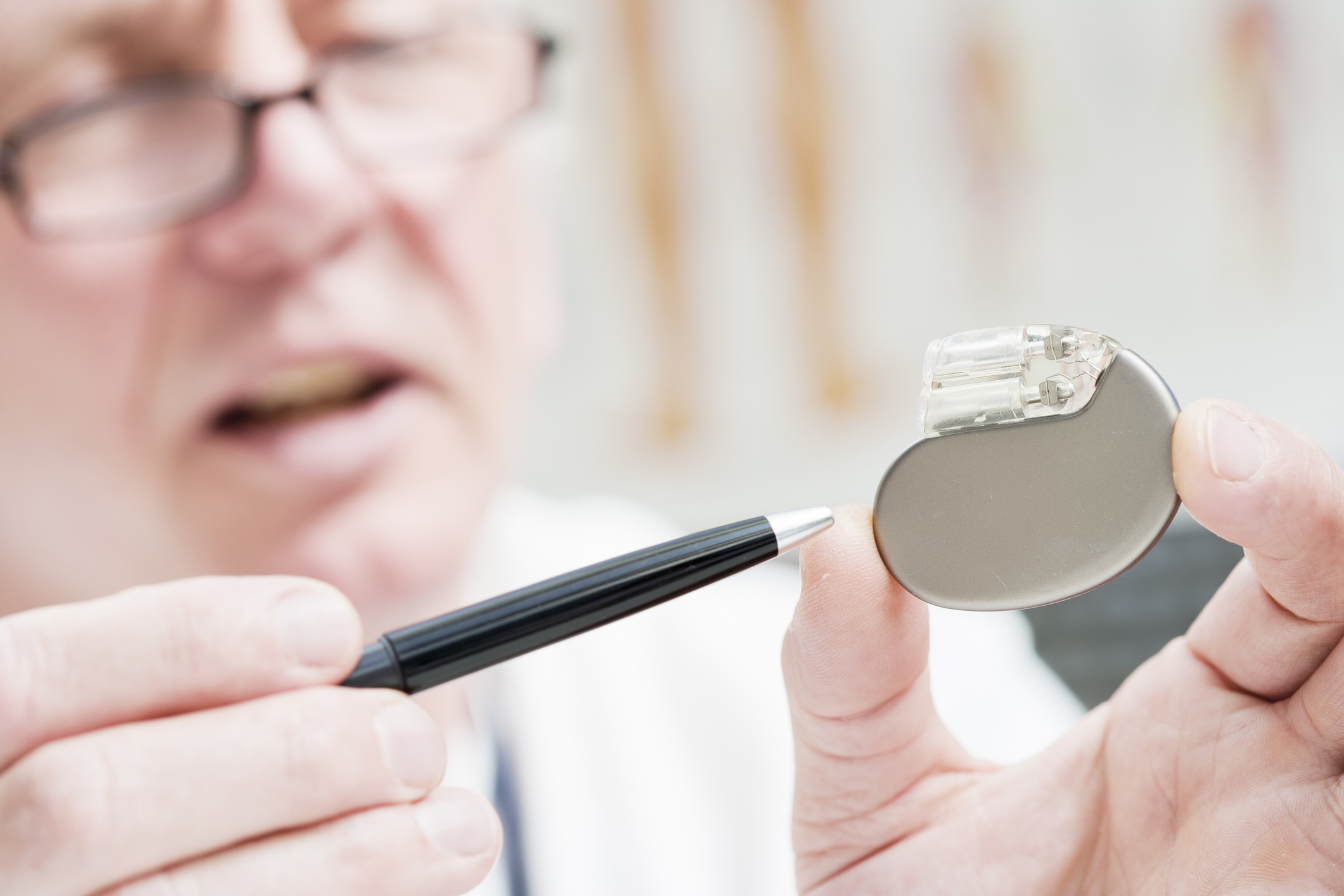-
Getting a pacemaker may sound daunting, but it’s usually a very safe procedure with a low risk of complications.
We’ve put together this guide so you know what to expect, how to prepare and how to give yourself the best chance of a quick recovery.
What is a pacemaker and why do I need one?
A pacemaker is a small device with two parts — a generator and wires (leads, or electrodes) — that's placed under the skin in your chest to help control your heartbeat.
You may need a pacemaker for a number of reasons — usually because the heart's rhythm is abnormal. This is called arrhythmia, and may be caused by:
- Normal aging of the heart
- A heart attack that damages the heart muscle
- Some genetic conditions.
Pacemaker surgery is a minor procedure
Pacemaker implants are generally performed by a heart specialist, and the most common way to fit a pacemaker is transvenously.
Medibank Medical Adviser Dr Yohan Nathan said that many people immediately think of open heart surgery when it comes to cardiovascular procedures, but pacemaker surgery is much less invasive.
“With transvenous implants, the pacemaker’s generator is fitted into a small pocket between your skin and chest muscle, and the wires are inserted into a vein. The wires are then guided along the vein into the correct chamber of your heart using x-ray scans.
“The procedure usually takes about an hour or two. It is generally carried out with a local anaesthetic, and you may be given a sedative to make sure you’re relaxed throughout the surgery.”
Most people can go home the day after surgery is performed.
Preparing for surgery
Before surgery you’ll have an appointment with your specialist to make sure you’re fit for surgery, discuss the procedure and ask any questions.
“It’s important to raise any questions or concerns you have before you have the procedure,” said Dr Nathan. He also emphasised the importance of improving your health and fitness as much as possible before surgery.
“Stopping smoking if you can, eating a healthy diet and exercising regularly will improve the speed of your recovery and reduce the risks of complications,” he said.
“With the right preparation, it shouldn’t be long until you're back to your normal routine.”
At Medibank, we know that going to hospital can be a challenging time. Did you know that if you are a Medibank member with hospital cover, you can call a Medibank nurse with any health question you or your family may have, 24 hours a day, seven days a week? Our nurses can help you in the lead up to your hospital stay to understand your surgery. They can also assist after you get home with any recovery and rehab queries. To speak to a Medibank Nurse call 1800 644 325. You can also get more information and advice about preparing for hospital and recovering well here.
Preparing for pacemaker surgery

https://www.healthdirect.gov.au/pacemaker
http://www.nhs.uk/conditions/pacemakerimplantation/
-
What causes bad breath?
Find out how to keep your mouth smelling fresh
-
Signs to look out for when a cold is getting more serious
When you should see a doctor for a cold.
-
The health checks to keep in mind at different stages in your life
Have you had these health checks?
-
Bowel cancer: risks, symptoms, diagnosis and treatment
Learn more about bowel cancer
-
Flu myths debunked
Is 'man flu' real? Can you catch the flu from the flu vaccine? We separate flu facts from flu fictions.
-
Where to get health support in Australia
An Overseas Student Health Cover member’s guide to key health services and when to use them.
Subscribe to receive the best from Live Better every week. Healthy recipes, exercise tips and activities, offers and promotions – everything to help you eat, move and feel better.
By clicking sign up I understand and agree to Medibank's privacy policy





